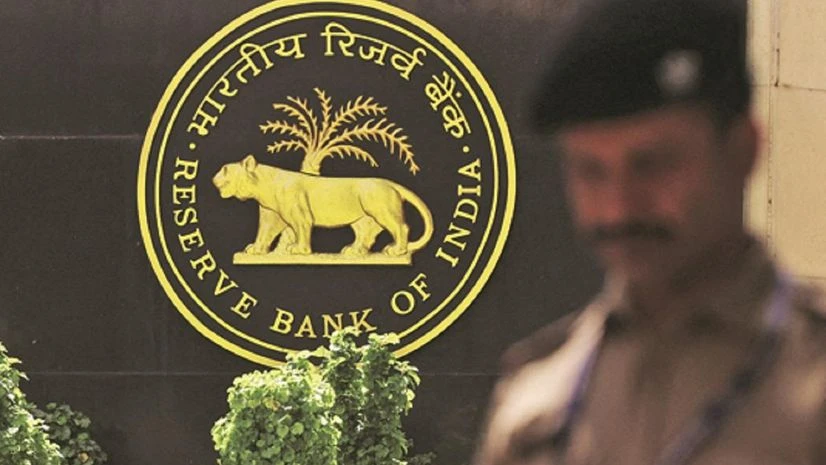Reserve Bank of India (RBI) Governor Shaktikanta Das on Thursday highlighted the unevenness in the flow of green capital across the world.
Financing for green projects is “skewed” and concentrated in advanced economies, he said, and capital flows to emerging market economies (EMEs) must be bolstered urgently.
Collaboration is needed to tackle climate change because countries on their own cannot make effective strategies, he said at the Global 59th SEACEN Governors’ Conference in Mumbai.
“We have to be mindful of the potential financial stability implications of the green transition. We need to chalk out an effective strategy for global cooperation and coordination to deal with multiple challenges afflicting the global economy. Multilateralism must be re-energised. In this regard, agreements on a critical-mineral corridor and a food corridor for safeguarding food security are necessary. Such arrangements have to be fair and equitable.”
Das said the RBI was vigilant in navigating the final stretch of disinflation, calling it the most challenging segment of the journey. He said the RBI acknowledged that maintaining stable and low inflation was essential to establish a solid foundation for sustainable economic growth.
“Inflation has moderated from the highs of the summer of 2022. Recurring food price shocks and renewed flashpoints on the geo-political front, however, pose challenges to the ongoing disinflation process,” he said.
More From This Section
In January, the consumer price index (CPI)-based inflation rate dipped to a three-month low, at 5.1 per cent, compared to 5.69 per cent in December.
Notably, the food price inflation rate decreased to 8.30 per cent from 9.53 per cent in December. Furthermore, the core inflation rate, excluding food and fuel, eased to 3.6 per cent in January, down from 3.9 per cent in December 2023, marking the lowest figure since November 2019.
Das highlighted India’s coordinated policy response as a potential blueprint for future challenges amid a series of adverse shocks. Monetary policy focused on anchoring inflation expectations and addressing demand-pull pressures, while government intervention targeted supply-side pressures and mitigated cost-push inflation. The success of India’s approach underscores the significance of effective fiscal-monetary coordination at its core, he said.
He further said improving infrastructure was paramount for long-term growth. While investing in roads, ports, airports, electricity, and water is crucial, equal emphasis must be placed on developing soft infrastructure like education, health care, legal, financial, and institutional frameworks. Skill development and increasing female labour force participation are essential for improving efficiency and unlocking any region’s growth potential.

)
